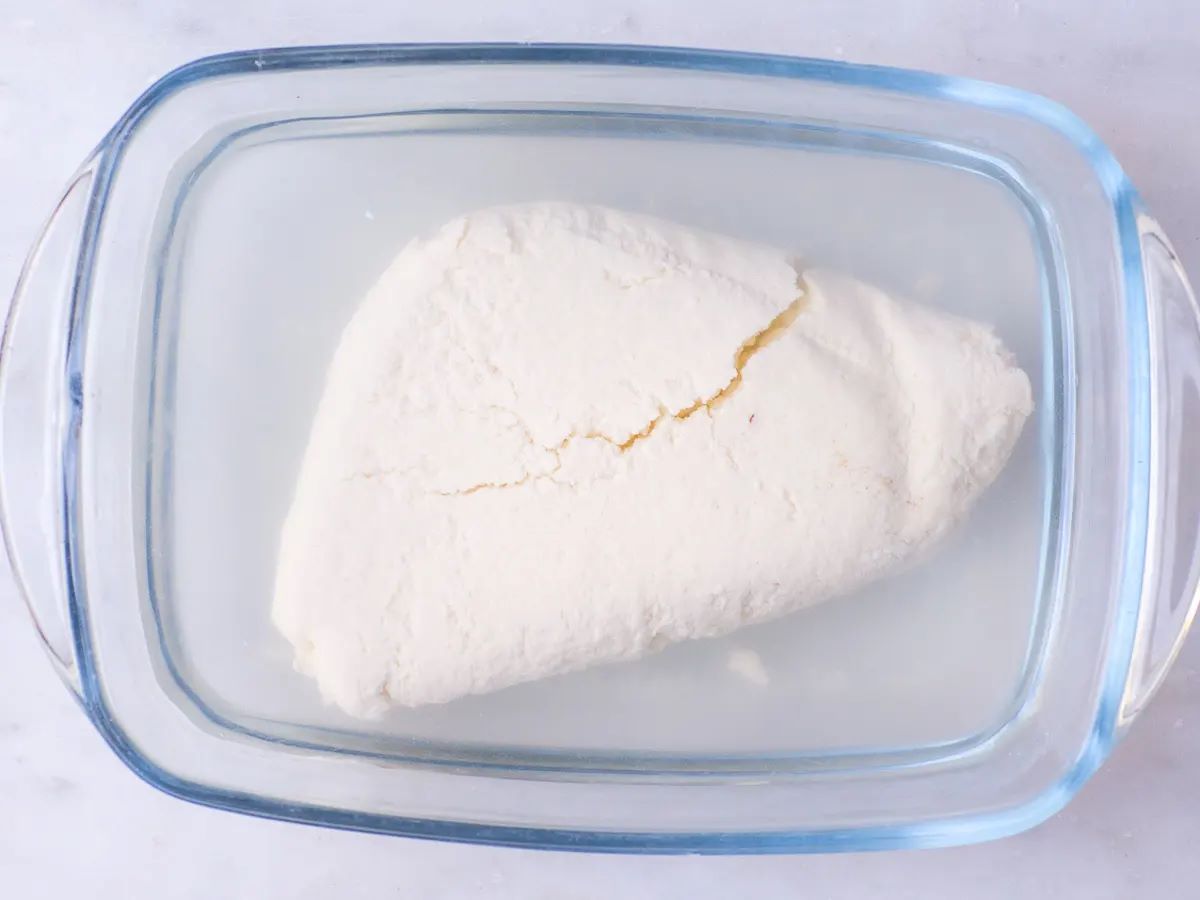

Articles
How To Store Paneer
Modified: December 7, 2023
Learn the best methods for storing paneer to keep it fresh and flavorful. Read our informative articles for expert tips and tricks.
(Many of the links in this article redirect to a specific reviewed product. Your purchase of these products through affiliate links helps to generate commission for Storables.com, at no extra cost. Learn more)
Introduction
Paneer, also known as Indian cottage cheese, is a versatile and popular ingredient in many Indian dishes. It is made by curdling milk and then straining the whey, resulting in a firm and crumbly cheese. Paneer is a staple in Indian cuisine, loved for its mild flavor and ability to absorb the flavors of spices and sauces.
While paneer can be easily purchased from stores or made at home, it is important to store it properly to maintain its freshness and quality. Improper storage can lead to spoilage and the development of undesirable flavors. In this article, we will explore the best methods to store paneer, ensuring its longevity and preserving its taste.
Key Takeaways:
- Proper storage of paneer is crucial to preserve its freshness, texture, and flavor. Refrigeration, freezing, and vacuum-sealing are effective methods to extend its shelf life and ensure it stays delicious in your favorite dishes.
- By following simple storage methods and tips, you can enjoy fresh and flavorful paneer for an extended period. Whether it’s a creamy curry or a sizzling tikka, well-preserved paneer will elevate your culinary creations.
Read more: How To Store Paneer In Fridge
Why is proper storage important?
Proper storage of paneer is crucial to maintain its taste, texture, and overall quality. Here are a few reasons why proper storage is important:
- Preserve freshness: Paneer is a perishable dairy product and can spoil quickly if not stored correctly. By following the right storage methods, you can extend its shelf life and ensure that it stays fresh for longer.
- Maintain texture: Paneer has a delicate texture that can turn crumbly or rubbery if not stored properly. By storing it correctly, you can preserve its softness and prevent it from becoming grainy or tough.
- Prevent bacterial growth: Paneer is a high-moisture product, which makes it prone to bacterial growth and contamination. Proper storage methods help maintain hygiene and minimize the risk of bacterial growth, ensuring the safety of the paneer.
- Retain flavor: Paneer acts as a canvas for flavors, absorbing the spices and sauces it is cooked with. Proper storage helps retain its natural flavor and prevent any off-flavors or odors from developing.
- Cost-effective: By storing paneer properly, you can avoid wastage and save money. When stored correctly, paneer can be kept for extended periods, allowing you to use it as needed instead of disposing of it due to spoilage.
By paying attention to the storage methods and ensuring proper care, you can enjoy fresh and flavorful paneer in your favorite dishes for an extended period.
Best storage methods for paneer
To maintain the freshness and quality of paneer, it is important to follow the best storage methods. Here are three effective ways to store paneer:
- Refrigeration: Refrigeration is one of the most common and convenient ways to store paneer. Wrap the paneer tightly in a plastic wrap or place it in an airtight container. Store it in the refrigerator, ideally in the coldest part, such as the back of the shelf or the vegetable crisper. Refrigerated paneer can typically last for up to 5-7 days.
- Freezing: Freezing paneer is an excellent method to extend its shelf life. Cut the paneer into small cubes or slices, and place them in a freezer-safe container or ziplock bag. Ensure there is no moisture on the paneer before freezing it. Frozen paneer can be stored for up to 3-4 months. To use the frozen paneer, thaw it in the refrigerator overnight and then use it as desired.
- Vacuum-sealing: Vacuum-sealing is an advanced method for storing paneer. It involves removing the air from the packaging to create a vacuum seal, which helps in preventing freezer burn and keeping the paneer fresh for an extended period. If you have a vacuum sealer, vacuum-seal the paneer in a suitable bag or container before freezing it.
Each of these storage methods has its advantages, and the choice depends on your preference and requirements. Refrigeration is ideal for short-term storage, while freezing and vacuum-sealing are great for longer periods.
When storing paneer, always label the containers or bags with the date of storage. This will help you keep track of its freshness and ensure you use the oldest paneer first.
Method 1: Refrigeration
Refrigeration is a simple and effective method to store paneer and keep it fresh for a reasonable period. Follow these steps to refrigerate paneer:
- Wrap the paneer: Start by wrapping the paneer tightly using plastic wrap or aluminum foil. Ensure that the entire piece of paneer is covered, leaving no exposed surfaces.
- Choose the right container: If you prefer using a container, opt for an airtight one to prevent moisture and odor absorption. Glass or BPA-free plastic containers are recommended.
- Store in the refrigerator: Place the wrapped paneer in the refrigerator, preferably in the coldest part like the back of the shelf or the vegetable crisper. The lower temperatures in these areas help maintain the quality of the paneer.
- Optimal temperature: Keep the refrigerator temperature between 34°F to 39°F (1°C to 4°C). This range ensures ideal conditions for paneer storage, preventing bacterial growth and spoilage.
- Organize and label: It is helpful to organize your refrigerator and label the stored paneer with the date of storage. This practice will allow you to use the oldest paneer first and avoid any wastage.
Refrigerated paneer can typically last for 5-7 days. However, keep in mind that the freshness and quality may diminish over time. It is best to consume refrigerated paneer within the first few days for optimal taste and texture.
Remember that moisture can negatively affect the quality of paneer. If any condensation forms on the wrapped paneer, gently pat it dry with a clean paper towel before refrigeration.
By following these simple steps, you can easily store paneer in the refrigerator and enjoy its freshness for a reasonable period.
Store paneer in an airtight container in the refrigerator for up to 1 week. To keep it fresh for longer, you can also freeze it for up to 3 months. Cut it into small cubes and store in a freezer-safe bag or container.
Method 2: Freezing
Freezing paneer is a great option to extend its shelf life and ensure that you always have some on hand for future use. Here’s how you can freeze paneer:
- Cut the paneer: Start by cutting the paneer into small cubes or slices of your desired size. This will make it easier to thaw and use later.
- Remove excess moisture: Pat the paneer cubes or slices dry using a clean kitchen towel or paper towel. This step is crucial to prevent ice crystals from forming and affecting the texture of the paneer.
- Choose suitable containers: Place the paneer in a freezer-safe container or a ziplock bag. Ensure that the packaging is airtight to prevent freezer burn and maintain the quality of the paneer.
- Label the package: Use a marker to label the package with the date of freezing. This will help you keep track of its freshness and ensure that you use the oldest paneer first.
- Store in the freezer: Place the packaged paneer in the freezer, making sure it is placed in an organized manner to maximize space utilization. Keep the temperature of your freezer at 0°F (-18°C) or lower for optimal storage conditions.
Frozen paneer can be stored for up to 3-4 months without significant loss of quality. When you’re ready to use the paneer, simply remove the desired amount from the freezer and thaw it in the refrigerator overnight.
It is important to note that the texture of paneer may change slightly after freezing and thawing. While it may not be as soft as fresh paneer, it will still be suitable for cooking in curries, stir-fries, or grilled dishes.
By following these steps, you can easily freeze paneer and have it readily available whenever you need it. It’s a convenient method to ensure you always have paneer on hand for your favorite Indian recipes.
Read more: How To Make Paneer Tikka In A Microwave Oven
Method 3: Vacuum-sealing
Vacuum-sealing is an advanced method that provides an excellent way to store paneer for extended periods while preserving its quality. Here’s how you can vacuum-seal paneer:
- Cut the paneer: Begin by cutting the paneer into small cubes or slices of your desired size. This will make it easier to portion and use later.
- Remove excess moisture: Pat the paneer cubes or slices dry using a clean kitchen towel or paper towel. It is important to ensure there is no moisture on the paneer before vacuum-sealing.
- Prepare vacuum-sealer: If you have a vacuum sealer, follow the manufacturer’s instructions to set it up. Ensure that you have the appropriate bags or containers designed for vacuum-sealing.
- Vacuum-seal the paneer: Place the paneer cubes or slices in the vacuum-sealer bag or container. Seal the bag or container according to the vacuum sealer’s instructions, removing the air and creating a tight seal. This method helps prevent freezer burn and maintain the freshness of the paneer for an extended period.
- Label the package: Use a marker to label the package with the date of vacuum-sealing. This will help you keep track of its freshness and ensure that you use the oldest paneer first.
- Store in the freezer: Place the vacuum-sealed paneer in the freezer, organizing them to optimize space usage. Make sure the temperature of your freezer is set at 0°F (-18°C) or lower to ensure optimal storage conditions.
Vacuum-sealed paneer can be stored for an extended period, usually up to 6 months, while maintaining its quality and freshness. When you want to use the paneer, remove it from the freezer and allow it to thaw in the refrigerator overnight.
Vacuum-sealing is a highly effective method for long-term storage, minimizing the risk of freezer burn and maintaining the flavor and texture of paneer. It is a great option for those who want to store paneer for an extended period without sacrificing its quality.
Tips for extended paneer storage
To maximize the shelf life and quality of paneer during storage, consider these helpful tips:
- Proper packaging: Whether refrigerating, freezing, or vacuum-sealing paneer, ensure that it is properly wrapped or packaged to prevent exposure to air and moisture. Airtight containers or vacuum-sealed bags are recommended.
- Labeling: Always label the packaged paneer with the date of storage. This will help you keep track of its freshness and ensure you use the oldest paneer first.
- Thawing gently: When thawing frozen paneer, do so gently in the refrigerator overnight. Avoid thawing it at room temperature or in hot water, as rapid temperature changes can affect its texture.
- Avoid refreezing: Once paneer has been thawed, it is best not to refreeze it. Refreezing can impact the quality and texture of the paneer, leading to a less desirable result.
- Temperature control: Whether storing paneer in the refrigerator or freezer, it is crucial to maintain the appropriate temperature. Refrigerators should be set between 34°F to 39°F (1°C to 4°C), while freezers should be kept at 0°F (-18°C) or below.
- Separate storage: If storing paneer alongside other items in the refrigerator or freezer, ensure it is separated from strong-smelling foods. Paneer can absorb odors easily, so keep it in its own compartment or use odor-resistant containers.
- Inspect before use: Before cooking with stored paneer, inspect it for any signs of spoilage such as unusual odor, discoloration, or sliminess. If you notice any of these signs, it is best to discard the paneer.
- Cooking techniques: If you find that the texture of frozen or refrigerated paneer has changed slightly, consider using it in cooked dishes rather than raw preparations. Cooking the paneer can help restore its texture and enhance its flavor.
By following these tips, you can ensure that your paneer stays fresh, flavorful, and safe for extended periods, maximizing its shelf life and enjoying its deliciousness whenever you need it.
Conclusion
Proper storage is essential for maintaining the freshness, texture, and quality of paneer. Whether you choose to refrigerate, freeze, or vacuum-seal paneer, each method offers its own benefits for extended storage.
Refrigeration is a convenient option for short-term storage, typically lasting up to 5-7 days. Freezing allows you to store paneer for up to 3-4 months, while vacuum-sealing provides the longest shelf life of up to 6 months or more.
Regardless of the storage method, it is essential to wrap or package the paneer properly to prevent exposure to air and moisture. Labeling the packages with storage dates helps you keep track of freshness and use older paneer first.
Remember to thaw frozen paneer gradually in the refrigerator and avoid refreezing it. When using stored paneer, inspect it for any signs of spoilage before cooking.
By following these storage methods and tips, you can ensure that your paneer stays fresh, flavorful, and safe for an extended period. Whether you’re cooking savory curries, mouth-watering tikka masalas, or delectable paneer tikka, you can always rely on well-preserved paneer to enhance your culinary creations.
So, next time you have paneer on hand, make sure to store it correctly and enjoy its delectable taste and versatile properties in your favorite dishes!
Frequently Asked Questions about How To Store Paneer
Was this page helpful?
At Storables.com, we guarantee accurate and reliable information. Our content, validated by Expert Board Contributors, is crafted following stringent Editorial Policies. We're committed to providing you with well-researched, expert-backed insights for all your informational needs.
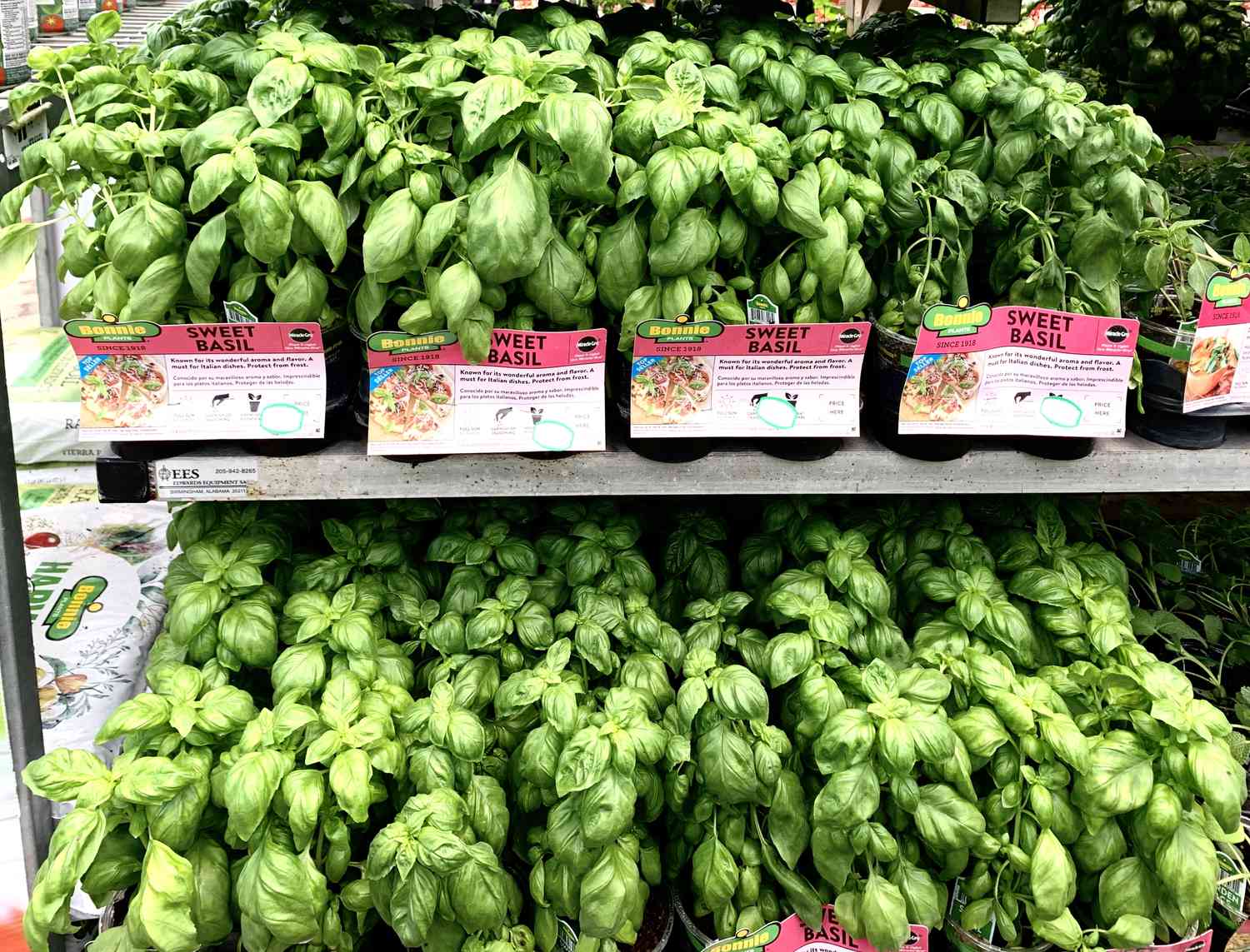
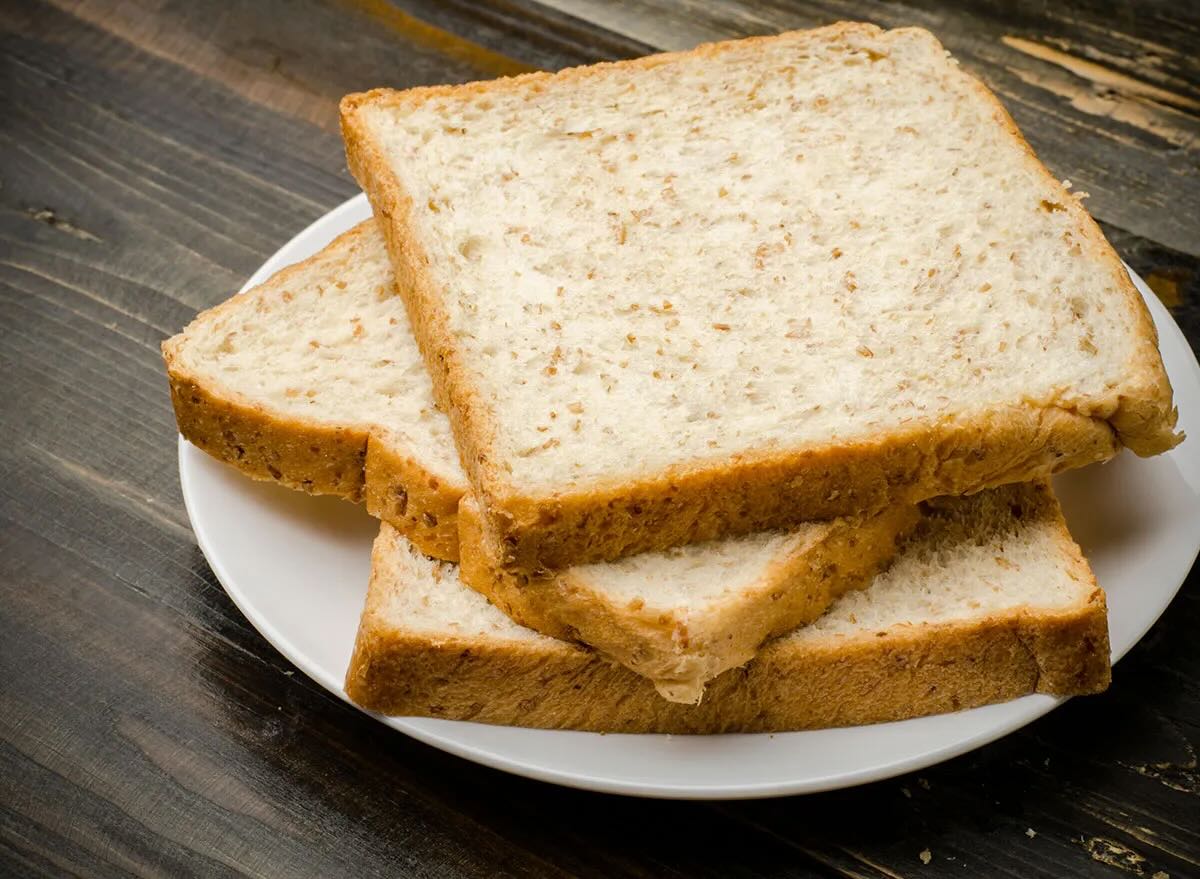
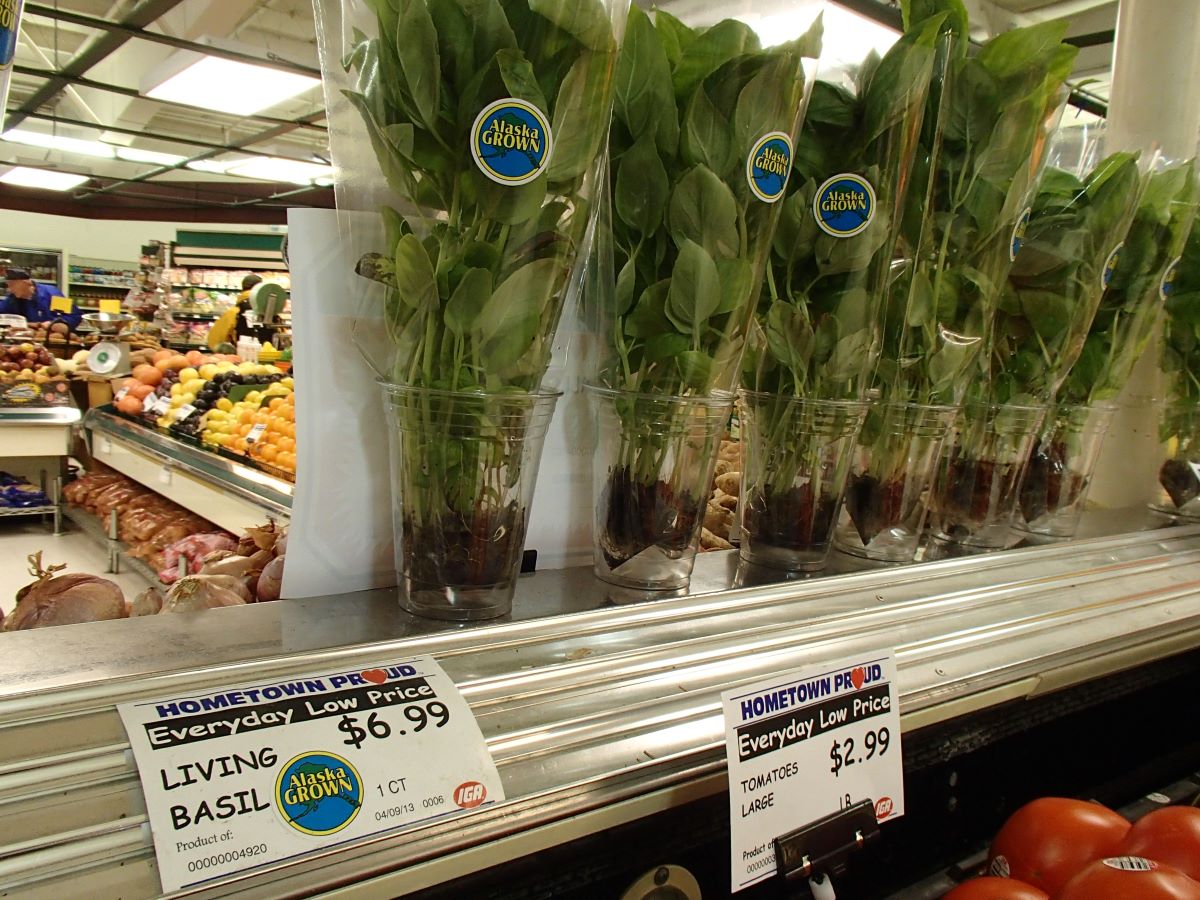
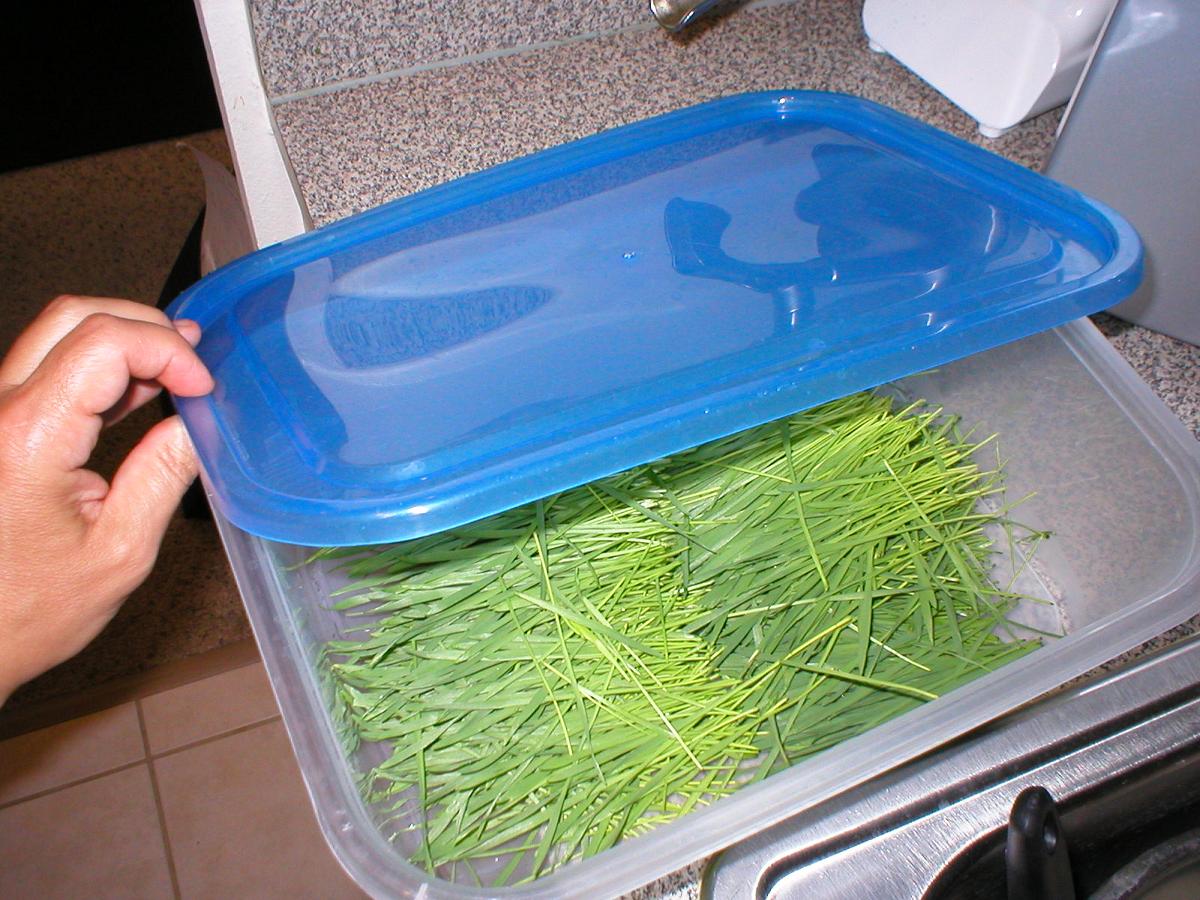

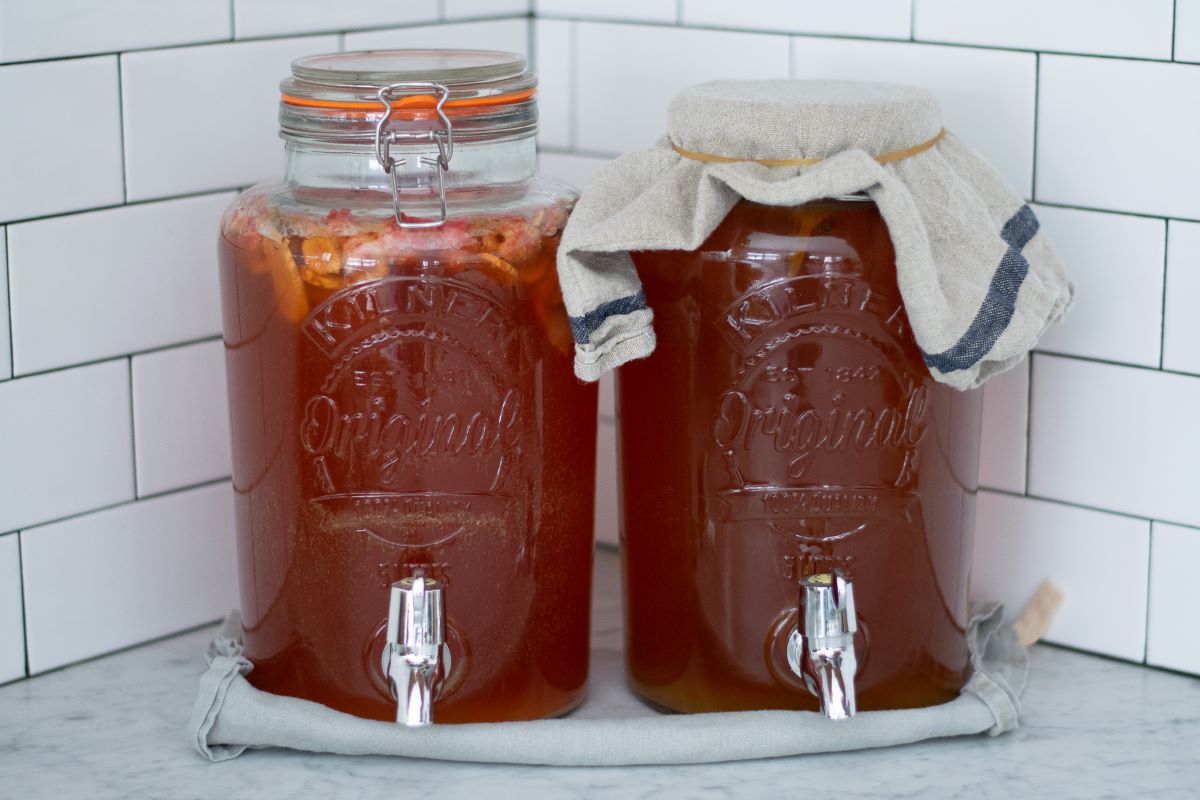
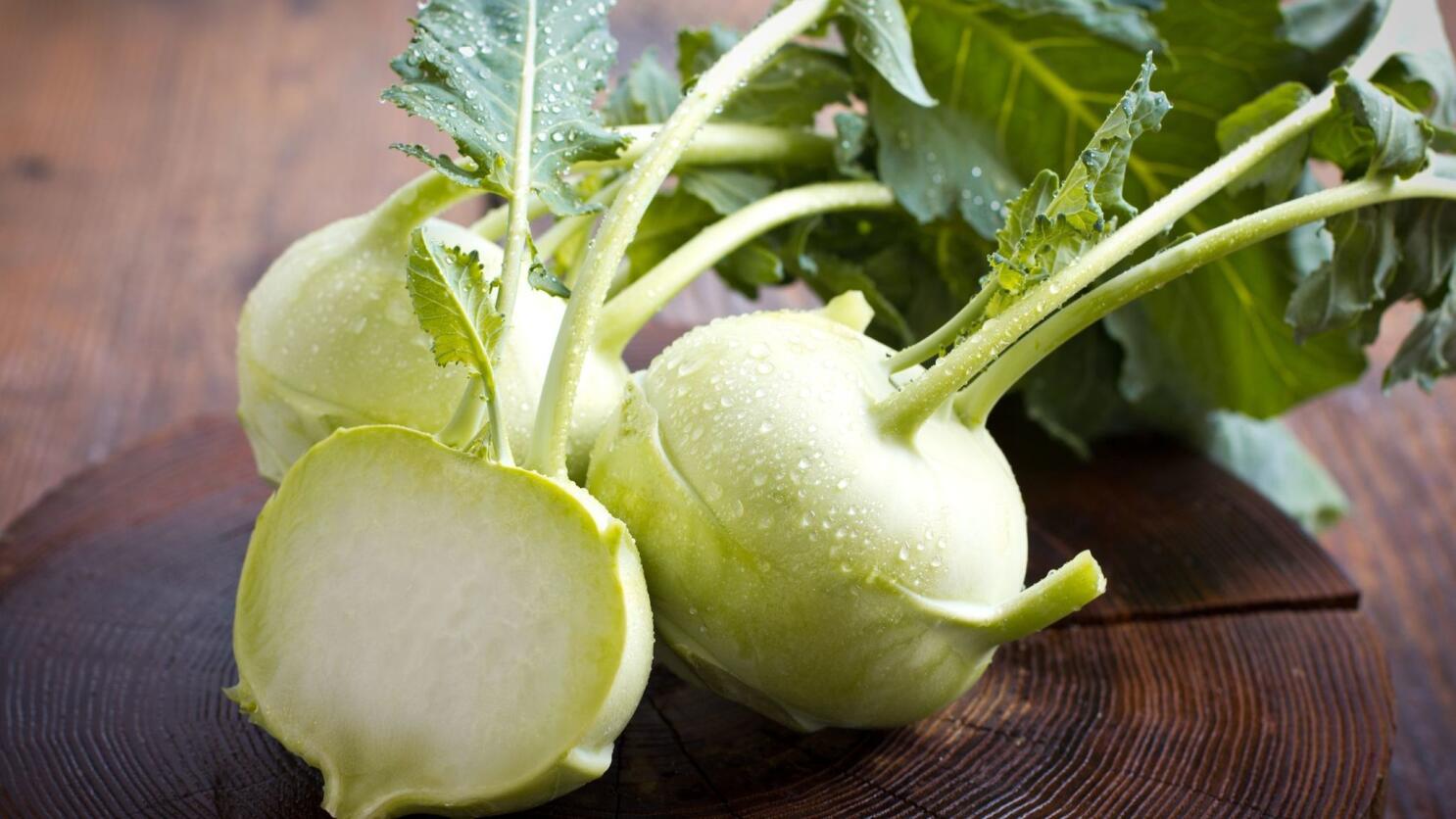
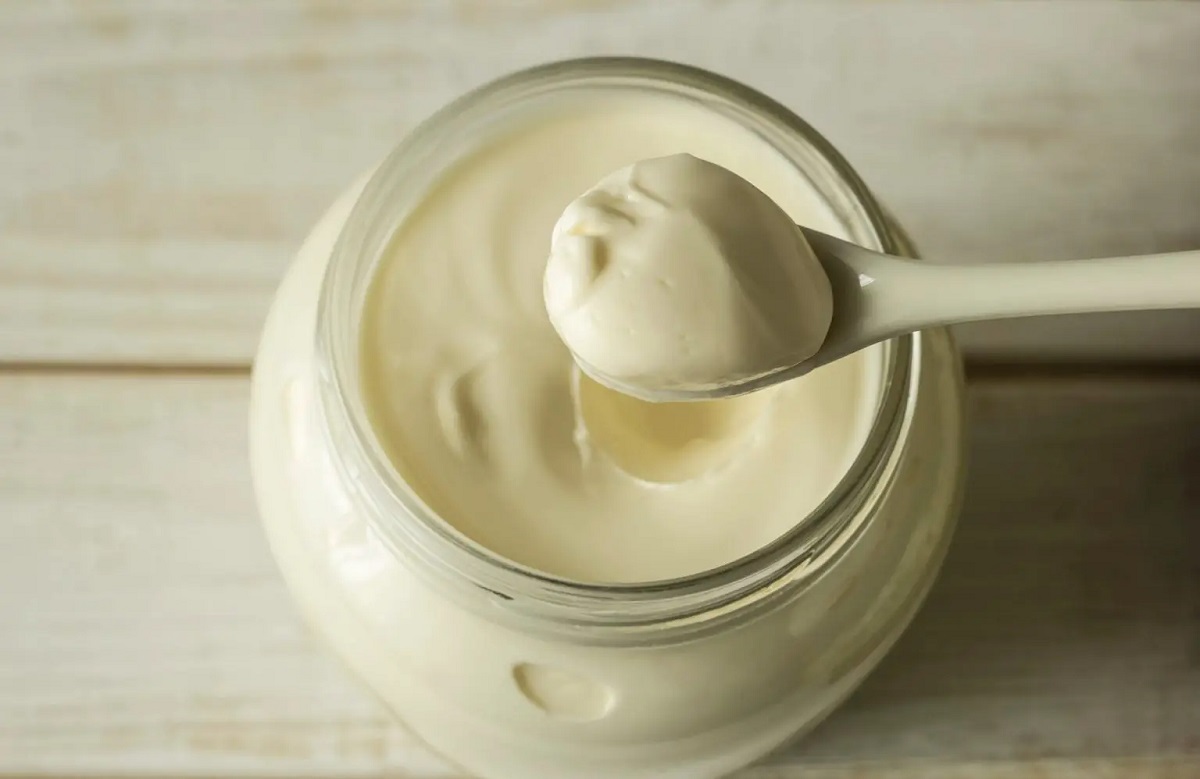
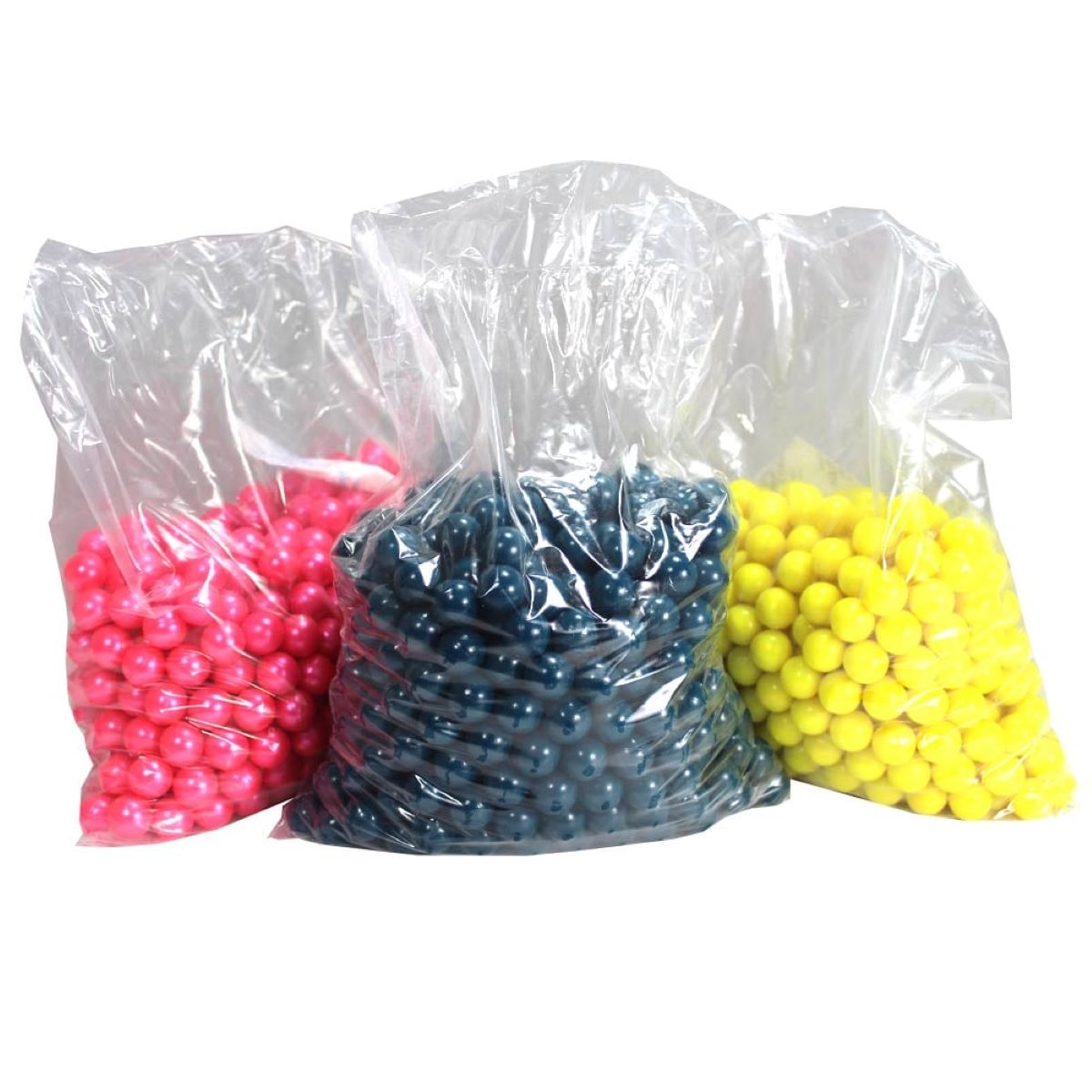


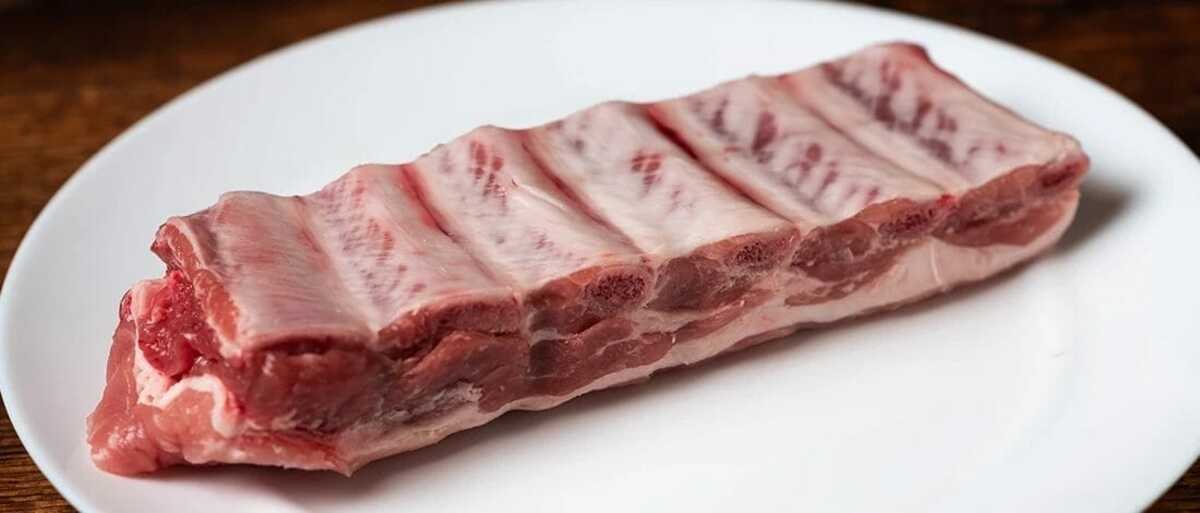
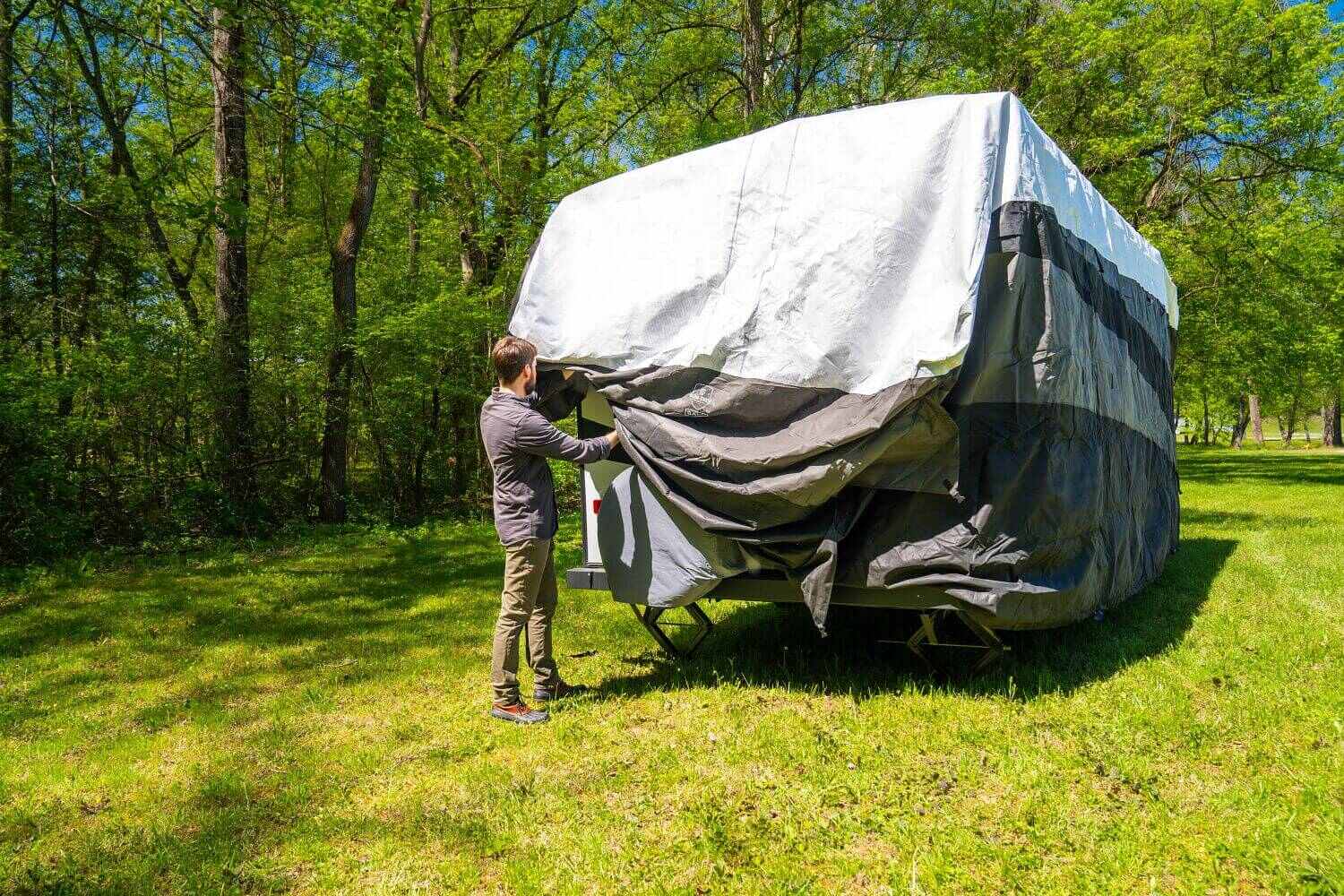
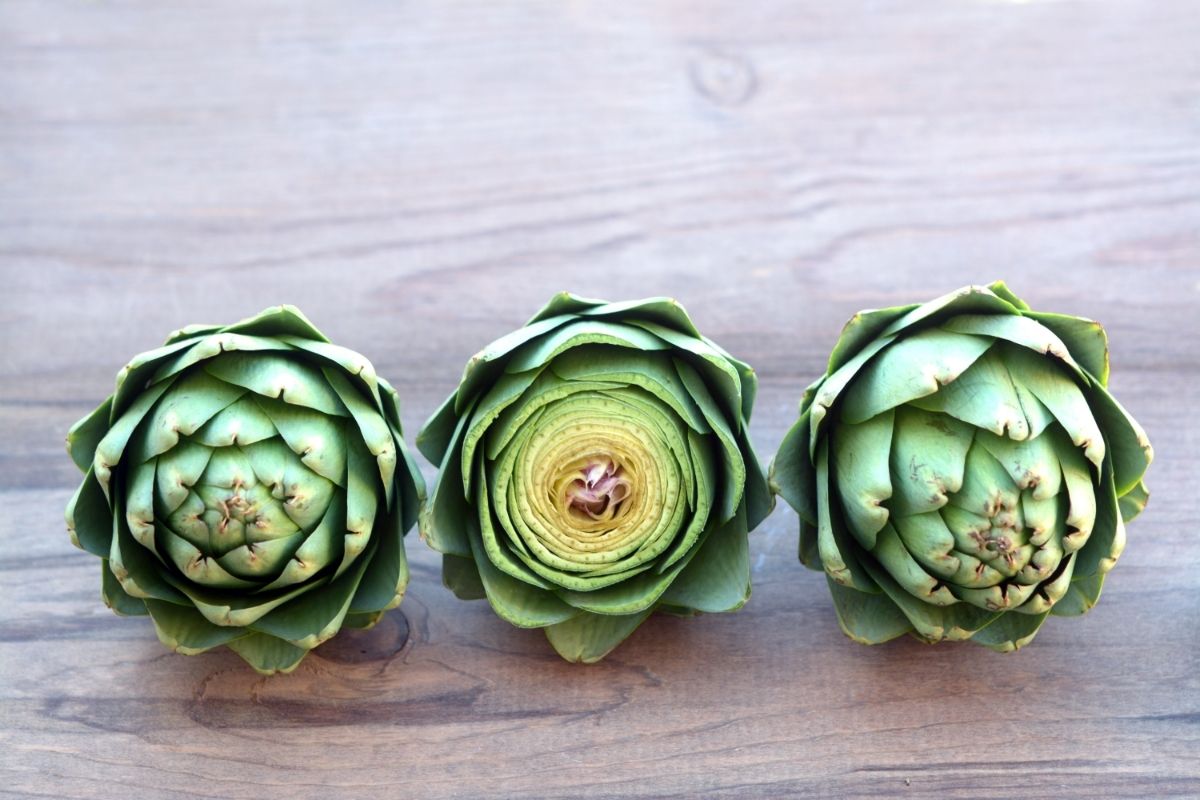

0 thoughts on “How To Store Paneer”